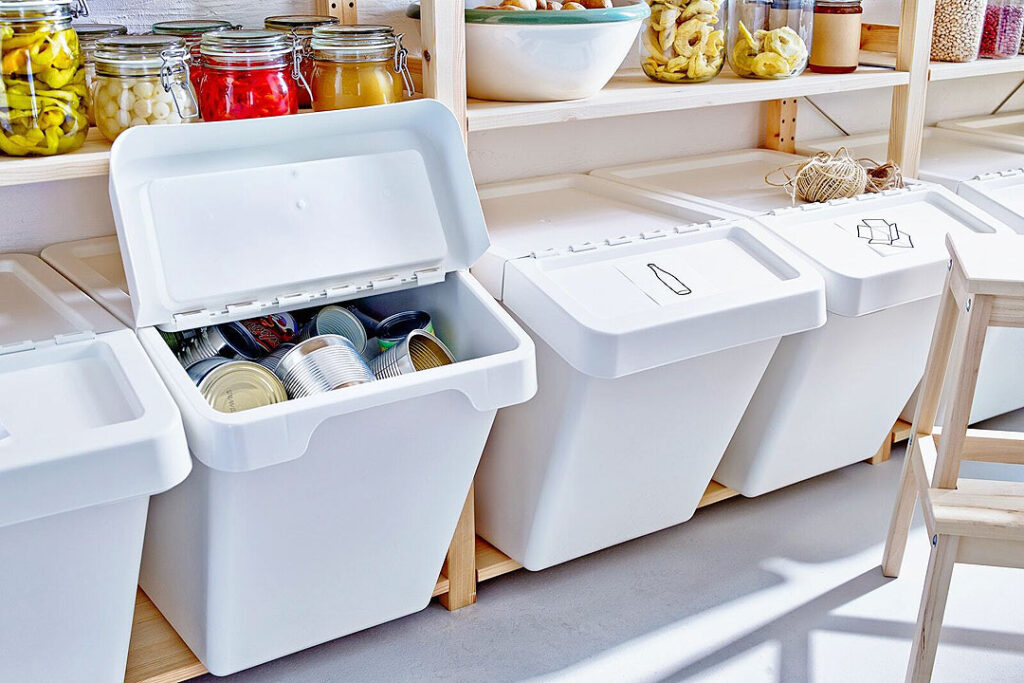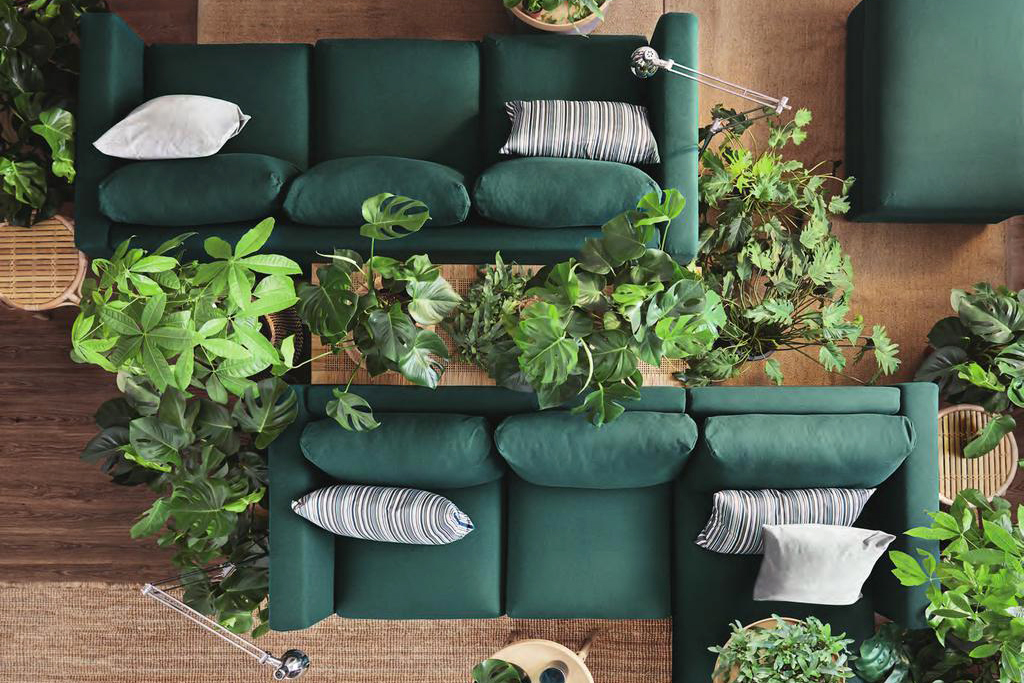IKEA Philippines will expand its deliveries to Iloilo and Davao starting 15 January. It will also offer deliveries to Cagayan de Oro beginning 1 February.
According to Jarek Lesniewski, country fulfillment manager of IKEA Philippines, customers who pick up their online orders at their most convenient time may choose to do so at designated collection points in these areas with Click & Collect.
IKEA will utilize 100-percent electric vehicles in partnership with Mober, ensuring zero emissions and a sustainable delivery process.
“By introducing truck delivery, Click & Collect, and assembly services with Mober, we are bringing the full IKEA online shopping experience to more people outside of Luzon while prioritizing sustainability and reducing our environmental impact. We are committed to providing an exceptional shopping experience to the many Filipinos nationwide,” Lesniewski said.
Moreover, the company’s long-standing partnership with electric vehicle company Mober has thrived into increased usage of sustainable transport, as IKEA has reached one-fourth (7.7 percent) of the way from its target for EV deliveries (33 percent) by 2025 while continuing to push further and accelerate its electrification.




Sustainability efforts, inclusivity
IKEA has advocated for sustainable living and continues to enable its customers to do so by developing a wide range of affordable, eco-friendly home solutions and food items for Filipinos.
In 2023, IKEA Philippines sold 1,020,920 sustainable home furnishing items. These include energy-saving bulbs and furniture made of sustainably sourced materials. To date, 73 percent of IKEA’s home furnishing products are either made of renewable or recycled materials.
Last year, IKEA Philippines recovered 10,880 products worth over P9 million to refurbish and promote a circular economy from used products impressively deemed “good as new” by customers. Sixty-one percent of its paper and plastic waste in its store operations were also recycled.
Another commitment by the brand is to have 50 percent of its main meals at its Swedish restaurant plant-based by 2025. Last year, it closed in 33 percent at this goal. In terms of food operations, IKEA recorded a 70 percent reduction in the volume of food waste.
IKEA Philippines also partners with social enterprise Rags2Riches as a sewing services partner in IKEA Pasay City. Within its operation, R2R upcycled 4,000 kilograms of scrap fabrics and generated P7 million in revenues from IKEA, directly impacting 250 families.
Regarding inclusivity, IKEA has been at the forefront with a gender ratio of 45.9 percent female and 54.1 percent male. The company is also open to hiring persons with disabilities and members of the LGBTQ+ community.
“Like we always say, IKEA is a mirror of the society. What you see in the society can be found here,” said Daniel Rivero, store manager for IKEA Philippines.
